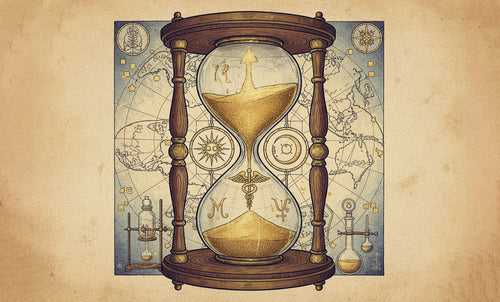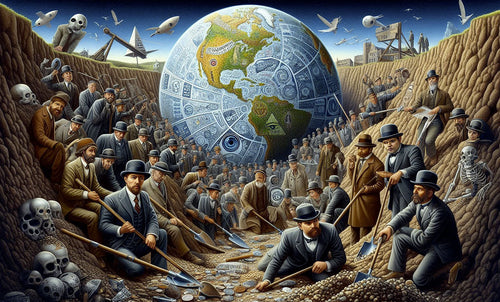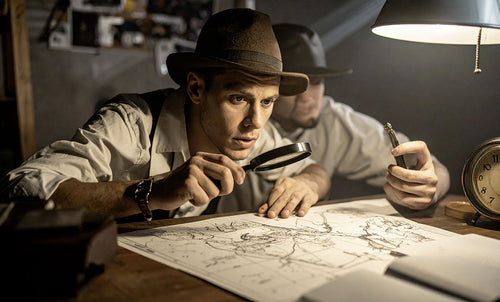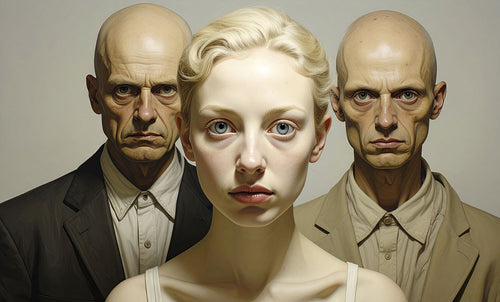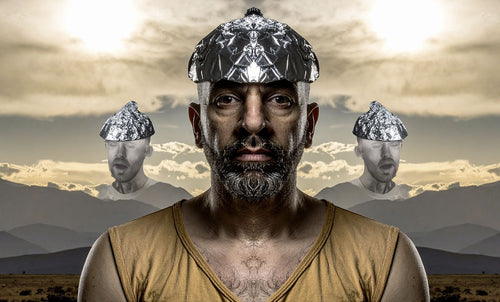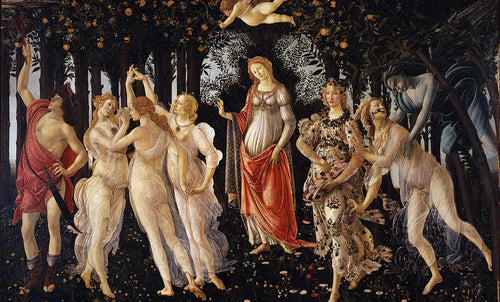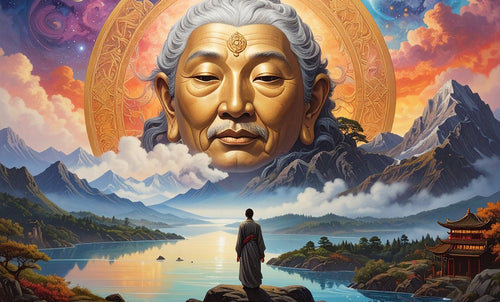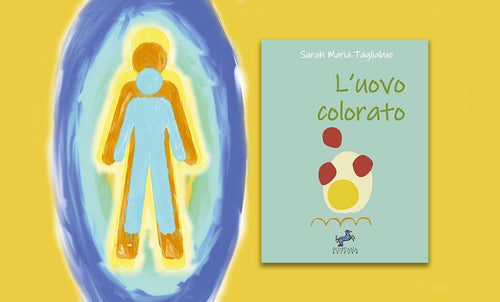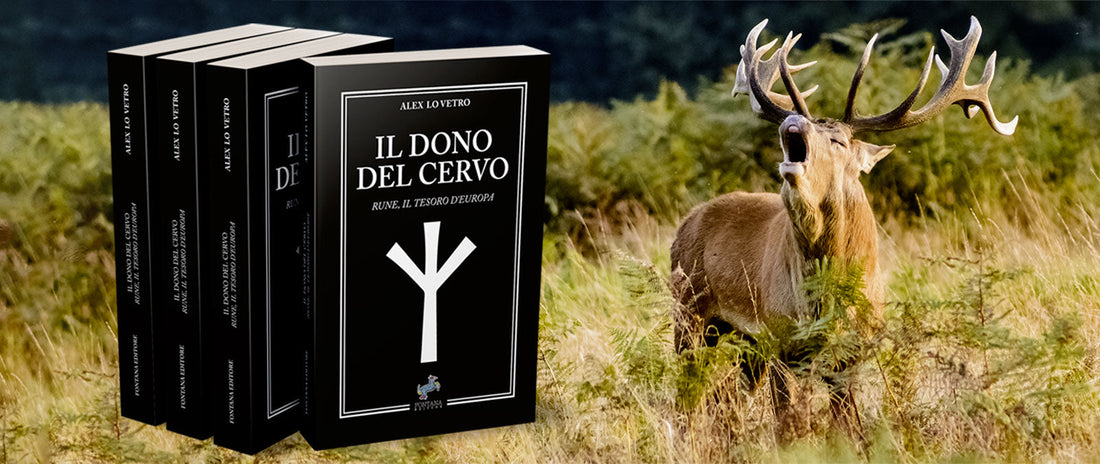
The Gift of the Deer. Interview with the author Alex lo Vetro
Rocco FontanaThe Gift of the Deer is a book that I would define as “synchronous”. It arrived, as a proposal, in my mailbox, shortly after my personal interest was attracted by the figure of the Runes. Hence my decision to publish it without delay. Subsequent telephone and epistolary contacts with the author have highlighted the mutual harmony of feelings, even if following different paths. Now that the book is published and distributed, after all the production work, we can take the time to start a discussion and undertake a series of questions and answers for the benefit of the readers of this beautiful book, present and future.
Good morning Alex, how would you describe the "Pandora's box" that you opened with the previous book " The Wotan's Lineage " and what personal revelations emerged from it?
In all my "initiatory" and "spiritual" research I had never considered the Nordic tradition or even the Runes , I wandered from one mysterious order to another even covering apical roles but I always felt a sense of estrangement in what I was doing, I felt driven and perhaps "possessed" by something alien, and the more I went forward, the more I tried to delve into those things... then at a certain point, during daily practices within the order known as AA, I began to receive signs and visions that had nothing to do with what I was experiencing, I spoke about it with my instructor and we agreed to interrupt the work that had been going on continuously for two and a half years. The cork popped, I was full, and I understood that I did not belong to those things, so I rejected any form of symbolism or practice of Judeo/Christian origin (even esoteric) and I had the certainty that no man or institution can grant another any type of initiation, only spirits can do it, it happened to me and those spirits were and are of a different lineage from those I had invoked for a long part of my life. In " The Lineage of Wotan " I describe the process of differentiation between the archaic and pagan tradition and the other so-called Western esoteric traditions, providing evidence (sources available at hand) that there is no "spiritual" universality and that the Father Gods of Europe belong to another "family", a "family" that has nothing to do with the entities of the desert, they are of another "blood".
Your experience of "inner war" has brought about a profound change. What aspects of esotericism have you left behind and what have you instead embraced in rediscovering your archaic roots?
I have already partially answered in the previous question but the main and necessary change was to abandon the city, the spiritualistic philosophy and reject any form of theology, being alien to the thought of the "Ancients" to tribalism and paganism in general. Theology is something "modern" and cannot be applied to paganism, to gentile cults and specifically to Heathenism, or paganism of European non-Mediterranean origin. The "war" culminated in the act of tearing up all my past, roles, philosophies, operations, I left all aspects of esotericism as it is generally understood and known ... eliminate what I was not to be reborn in the form that in reality I have always had but that was hidden from my eyes. It is not possible to follow the path of the “spirits”, for example by living in the city, and I abandoned it to live among the trees, the stones, the rivers and the mountains, where, if you are lucky, there are still places “consecrated” to the Father Gods of the Ancestors and to the spirits of the places.
The dream with the deer and the Fylgja was central to your journey. How do you interpret that dream symbolically and what meaning has it taken on over time?
When it happened I didn't believe it was a dream, I woke up with the conviction that all this had really happened. I interpreted it as a message from my ancestors and my guardian spirit. At the time I had never delved into these issues, I knew nothing of the tradition that today I claim with joy and honor, it was all terribly physical. I don't want to analyze and give a "philosophical" meaning to what happened, but I think that experience was the start that put me on the path I am on now; it was certainly a direct communication, a call that transcends interpretation.

You speak of Runes as a "gift" linked to sacrifice. How is this principle of exchange reflected in your practice and approach to Runes?
The Runes cannot be learned or taught. Of course, you can delve deeper into the subject, you can compare, but they are a mystery that is revealed only to those who are destined to "collect" them. They are literally a gift from the ancestors, if you are part of a certain family of men, of a certain lineage, as ancient as the world, They can "arrive" and be "drawn" through self-sacrifice. It is something painful, it is pure shamanism, without intermediaries. Once this happens, it is not possible to use other "operational" forms that do not have tribal affinity with Them. Personally, I have not used any other system for years. The Runes are something truly powerful and I think they are (in their declinations, including protorunes) the oldest existing graphic system for decoding life itself.
In “ La Via Antica ”, another of your books, you described your return to a rural life in Valsusa. What lessons did you learn from this direct contact with nature and the “spirits of the places”?
As I said before, it is not possible to perceive or receive anything from spirits if you insist on living in cities. Cities are unnatural places built for the sole purpose of “breeding” cannon fodder. The first thing a person who considers himself “pagan” must do is abandon the city, obviously if he lives there. The rest will come by itself. Today no one lives in tribal contexts anymore and it is therefore very difficult to rebuild a healthy connection with ancient customs, but I think that at least the act of abandoning the metropolitan chaos is the minimum questionable, if you want to try to follow “ The Ancient Way ”.

The connection with ancestors seems to be a recurring theme. What would you suggest to those who approach these traditions, to find and honor their roots?
The connection with the Ancestors is fundamental because for the ancients, the progenitors of the lineage were the Gods themselves. Without metaphor, I say that all sources (including classical ones) say the same thing, this is the mystery that was passed down orally among the Eteni of every place in Europe. The Runes themselves tell us this. For the Germans and not only, those that we call Gods today were physical beings who mixed their blood with men, ancestors and Gods in some cases are the same subjects and both live in us in the flesh. For the founders of Rome, Romulus and Remus were truly sons of Mars, without any metaphorical form, the same was true for the Germans, as I describe extensively (sources in hand) in the chapter on the Goths, or the people of God. I advise everyone to research their ancestors in a scientific way, rummaging through family, municipal, parish archives if possible, to understand where their ancestors come from, to research the etymology of their surname - even working with some Runes can be useful for this purpose - but above all I advise to look deeply at yourself in the mirror. Even in this case the rest will come by itself.
What is the main message you wish to convey with “ The Gift of the Deer ” and what impact do you hope it will have on modern readers interested in archaic spirituality?
The message I would like to give is very simple; look inside, look outside and look carefully. Give yourself the chance to be chosen instead of arbitrarily choosing something that you seem to like but that then maybe doesn't belong to you. You can't honor and worship the ancestors of another family, discover which is yours and let yourself be welcomed, whatever it is. In this way you can walk through your "ancient customs" and you will truly feel part of something that is yours, that resembles you and that will embrace you. To each his own.
Runes can also be useful for this purpose and they could also tell you that they are not for you but at the same time they could indicate to whom you belong. This would already be a great discovery. You cannot serve two masters.

